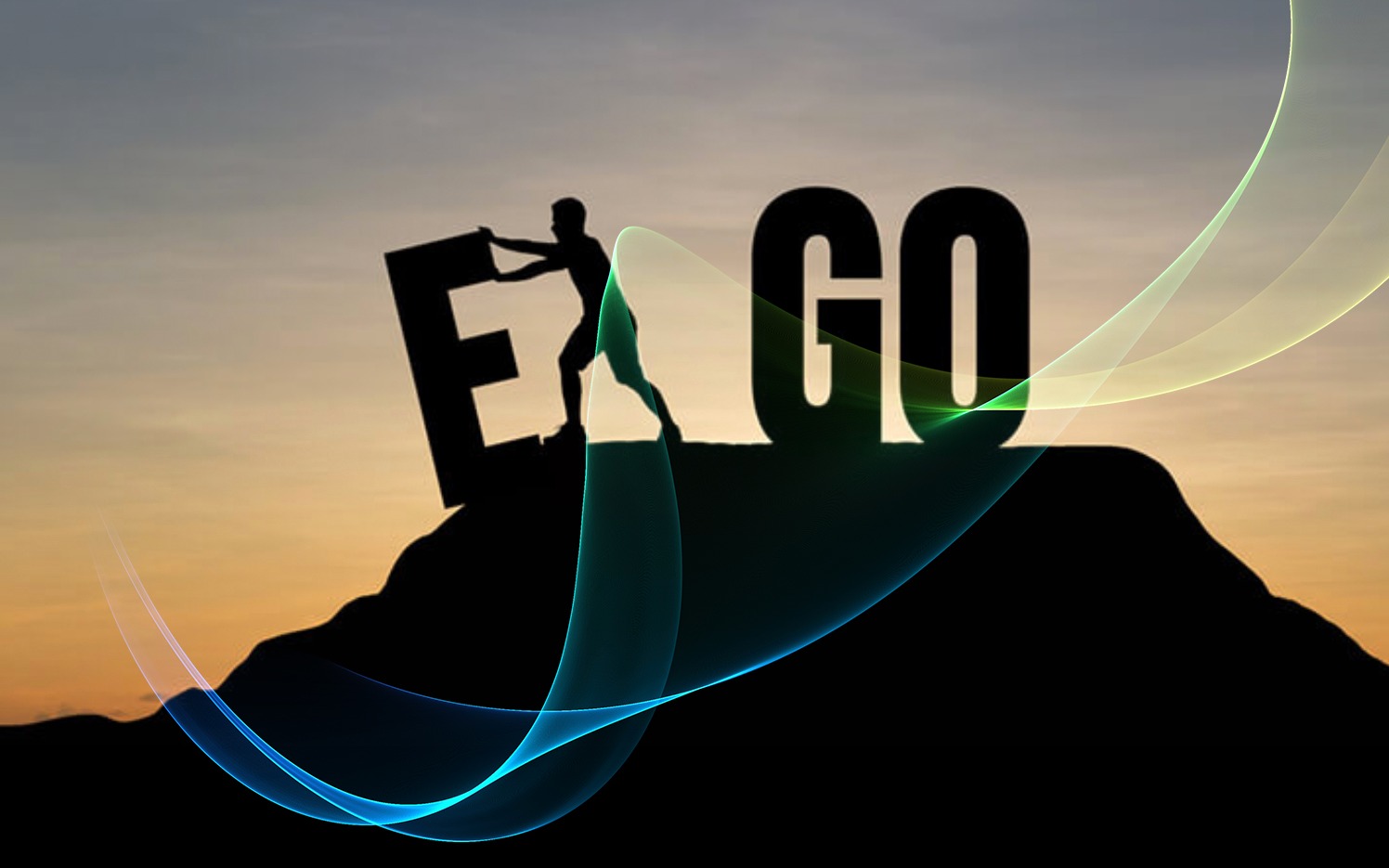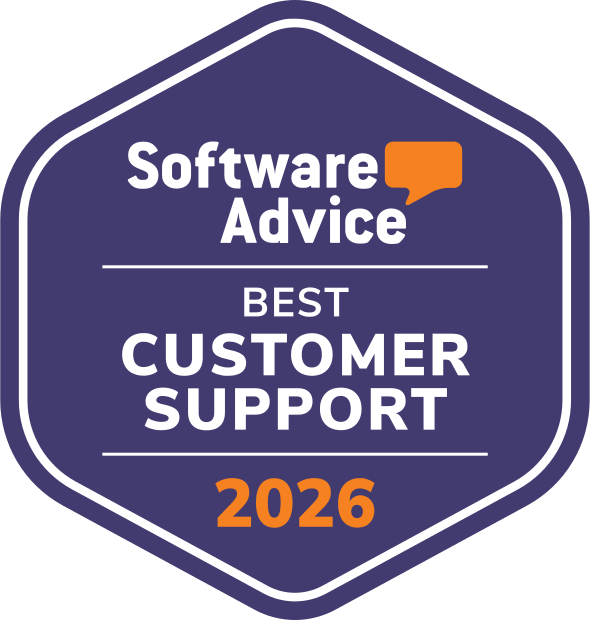
To lead without ego.
— Principal Investigator, ?Molecular Diagnostics
New day, new challenge. From disgruntled employees stealing office supplies to the spiritual heights of egoless leadership. I never know what kinds of problems people are solving through employee engagement. And unless you tell me, I will never find out. So, please keep the challenges coming! (Tell us your biggest challenge at work here.) And thank you for believing in a better way.
Today’s Biggest Challenge at Work comes from academia and research. While scientists, as a group, seem motivated to succeed on their own, they often struggle to be team players. (Check How to Get Your Employees to Work Together—Part I for a few extreme cases.)
What better solution than to set a personal example? If you get your own ego out of the way, your team should follow suit. Soon, everyone will put petty squabbles aside and focus on the project. People will build each other up, and everybody will win!
Except, how do you get your ego out of the way?
The ego is so adept at inserting itself that it’s impossible to tell where it ends and where our true selves begin. It wants a part of everything we do because it wants to take credit for everything. It wants to be the best manager—but also the most humble. Perpetually successful and the most self-improved.
Despite all of its tricks, the ego has serious chinks in its armor. And we can exploit these to ease its grip on our souls. Many business leaders—and even celebrities—have managed to unseat their egos. I wouldn’t go so far as to say that they no longer have one. I don’t know if even the Dalai Lama can say that about himself. It’s more like they’ve put their egos in the passenger seat so that they can go left when the ego says “right” and hit the brakes when it says “go.” If this is what our Principal Investigator means by “leading without the ego,” then it’s wholly doable.
So, let’s get started.
Never stop trying
The ego’s biggest problem isn’t blowing its own horn, or failing to recognize the merits of others. As bad as those faults are, they’re not nearly as dangerous to the ego or to its owner as the one I’m thinking about. The ego’s biggest problem is its inability to learn. It can’t do it, because it thinks it already knows. The ego hates to admit that it’s wrong almost as much as it hates to admit that it’s clueless. When challenged, it goes on the defensive. If you can spot a tendency to defend your own ignorance, you have a leg up on your ego. And, according to Jim Collins, the author of Good to Great, you would be following in the footsteps of this man:
“Have you ever heard of Darwin Smith? Despite being one of the greatest CEOs of the twentieth century, he remains largely unknown. A shy and reserved man, Smith shunned any attempt to shine the spotlight on him, preferring instead to direct attention to the company and its people. He showed none of the swagger that characterizes many of today’s high-profile CEOs, and he never viewed himself as a great hero. Early in Smith’s tenure as CEO, a director pulled Smith aside to remind him that he lacked some of the qualifications for the position (he had been corporate counsel and had never run a major division). Smith, a man who never entirely erased his own self-doubts, later summed up his tenure by saying simply, ‘I never stopped trying to become qualified for the job.’” 1
Change the subject
Whether you think you have too much ego or just enough, you’re still doing your ego’s bidding as long as you’re focusing on it. Nothing pleases the ego as much as a good old self-improvement project. Do you want to become a better listener? Great! Your ego is all ears. Better leader? Sure! The ego will lead the way.
To lead without the ego, simply take an interest in other people and their projects. Don’t use them to judge whether you’re a good manager or a good person; focus on them for their own sake. For curiosity’s sake. For compassion’s sake. For the future’s sake. It is very liberating to serve others. It can also give you the strength and conviction that the ego does not afford. To follow with Jim Collins’ example:
“Yet despite his shy and self-effacing nature, Smith was anything but weak… Early in his tenure, he unflinchingly decided to sell all the traditional paper mills, which accounted for the majority of Kimberly-Clark’s business—sell even the namesake mill in Kimberly, Wisconsin—and throw all the money into the consumer business, investing in brands like Huggies and Kleenex… Wall Street derided him, the business media called the move stupid, and the analysts wrote merciless commentary… But in the end, Smith’s stoic resolve paid off. Kimberly-Clark became the number one paper-based consumer products company in the world, eventually beating Procter & Gamble in six of eight product categories and owning outright its previous main competitor, Scott Paper…” 1
Avoid grandstanding
Grandstanding is the epitome of the ego. A grandstander draws attention to himself by claiming moral or intellectual authority on a particular issue. It’s the opposite of what we’ve been talking about here. Ironically, the people most guilty of grandstanding are those who claim to serve the public interests. Like politicians and so-called experts. (The Wall Street analysts who trashed Darwin Smith for his unorthodox business strategy are a good example of the latter.)
Grandstanding is the ego’s version of leadership. It pretends to be a voice for some segment of the population—or another worthy cause—when, in reality, it doesn’t represent anyone. It manipulates strong emotions, like shame and outrage, to bully people into complying with its agenda.
Not all grandstanding is counterfeit. Some can be genuine and natural. Sometimes we feel sincerely outraged, and we want other people to share our feelings. That doesn’t make it any less egotistical. I’m not saying we should strive to be emotionless robots; just that our self-righteousness is not our strongest leadership trait.
But, is it possible to avoid grandstanding when you’re in the spotlight? And is it a good idea? After all, we want to build a strong “brand” for ourselves. And we do want people to join our cause.
Not everyone wants to lead without the ego. If you think your ego is doing a good job, you are not required to mend your ways. However, if you are trying to rein it in, then yes, you can take away its pulpit and its mic without hurting your business. Here’s an example:
The popular reality show Shark Tank features six venture capitalists—sharks—who interview business owners looking for investors. If you’ve watched the show only a couple of times, you know that the biggest grandstander in the room is Kevin O’Leary, AKA Mr. Wonderful. Coincidentally, Kevin has made the smallest number of deals, despite being the second richest shark, after Mark Cuban. And it’s not by choice. Kevin frequently loses the deals to other sharks or has his offers rejected by owners.
Now, one shark whom I’ve never seen grandstand is Lori Greiner. At $50 million, Lori is the poorest of the six sharks. For comparison, Mark Cuban is worth $2.5 billion, and Mr. Wonderful is worth $400 million. Yet, Lori is the investor business owners choose most often. She makes more deals on-air than any other shark. Lori has also made the most successful deal of the show—Scrub Daddy—and has invested in three of the five best deals.2 While the others are grandstanding, Lori is building trust and making deals.
Humility alone will not make you a leader. It is also true that plenty of leaders seem to do just fine without it. However, in the toughest of circumstances, among top competitors, humility may give you the edge you need. That’s Jim Collins’ point in Good to Great. And it makes a lot of sense to me.
_____
If you like to lead without the ego, you might like my book, because it’ll show you where your ego is still in control.
_____
[1] The Misguided Mix-up of Celebrity and Leadership by Jim Collins September/October 2001, https://www.jimcollins.com/article_topics/articles/the-misguided-mixup.html
[2] Statistic Brain https://www.statisticbrain.com/shark-tank-investment-statistics/











 info@axerosolutions.com
info@axerosolutions.com 1-855-AXERO-55
1-855-AXERO-55


